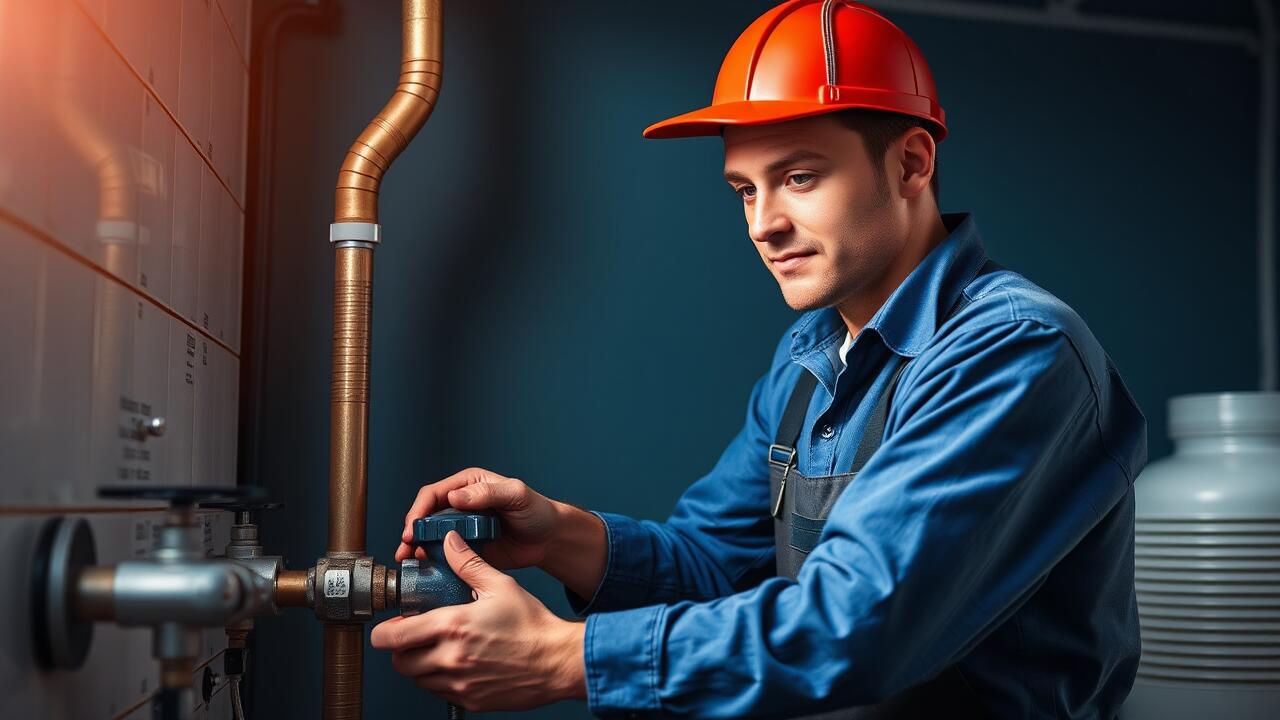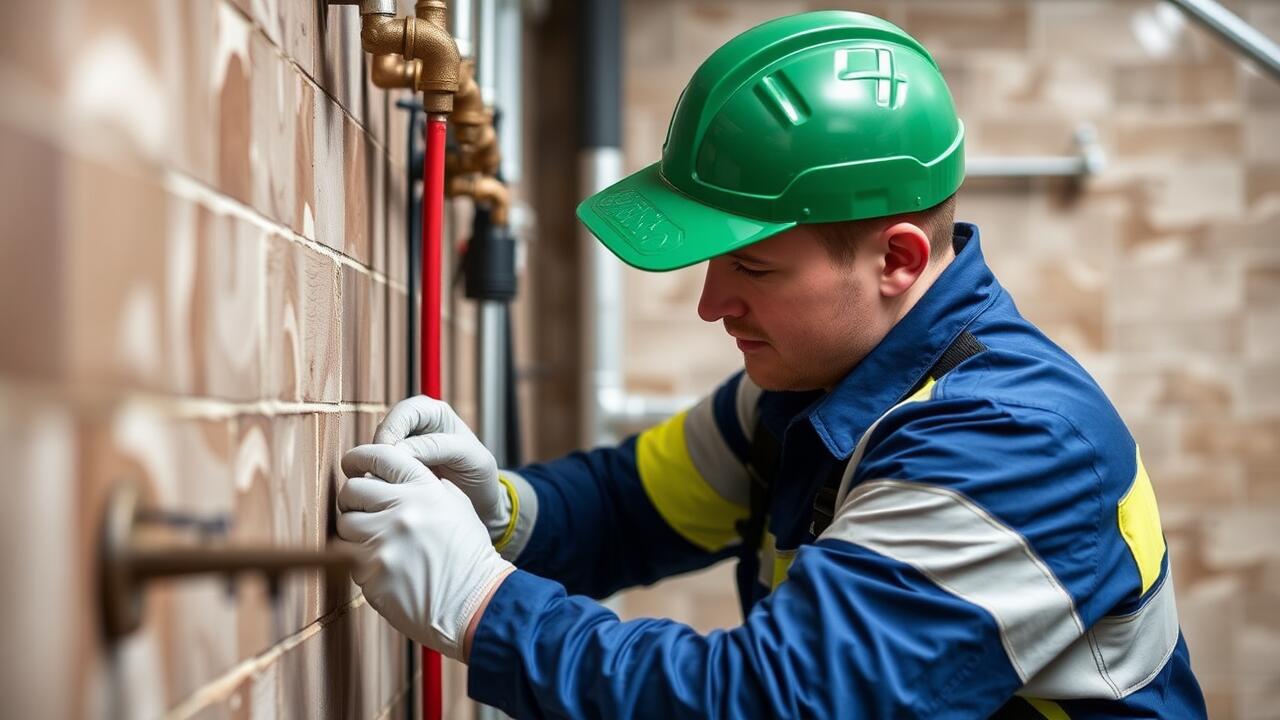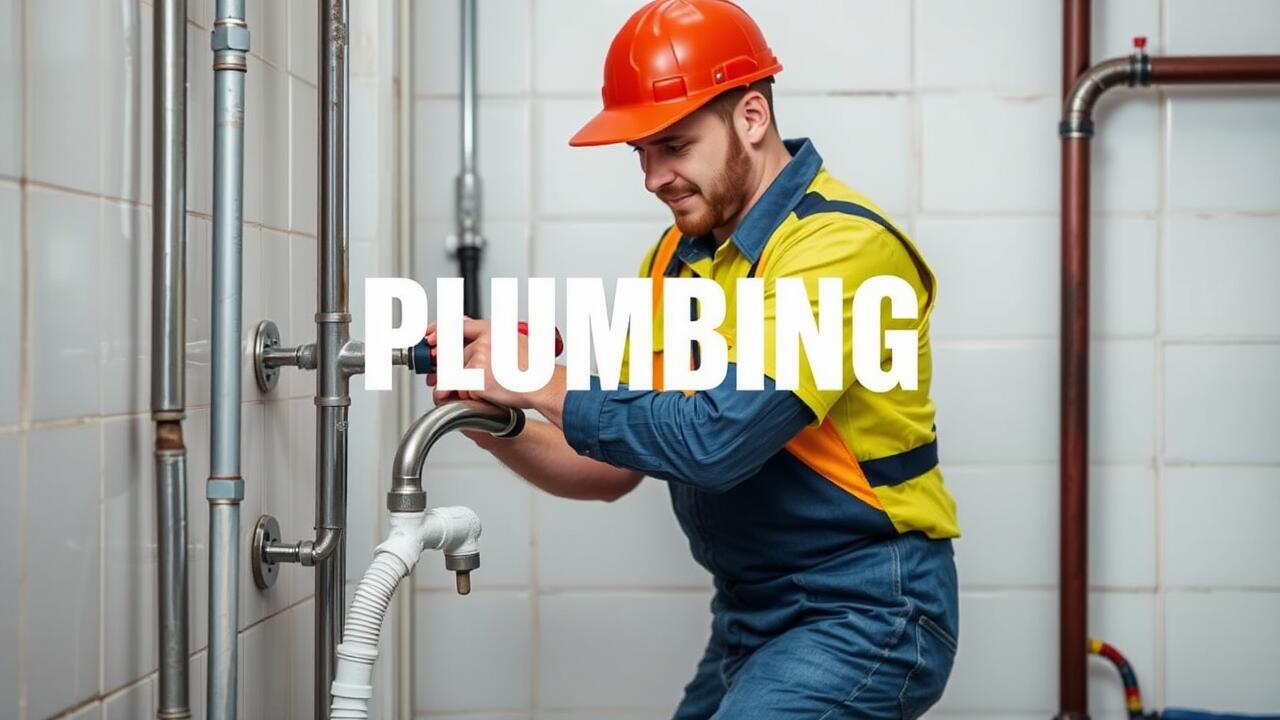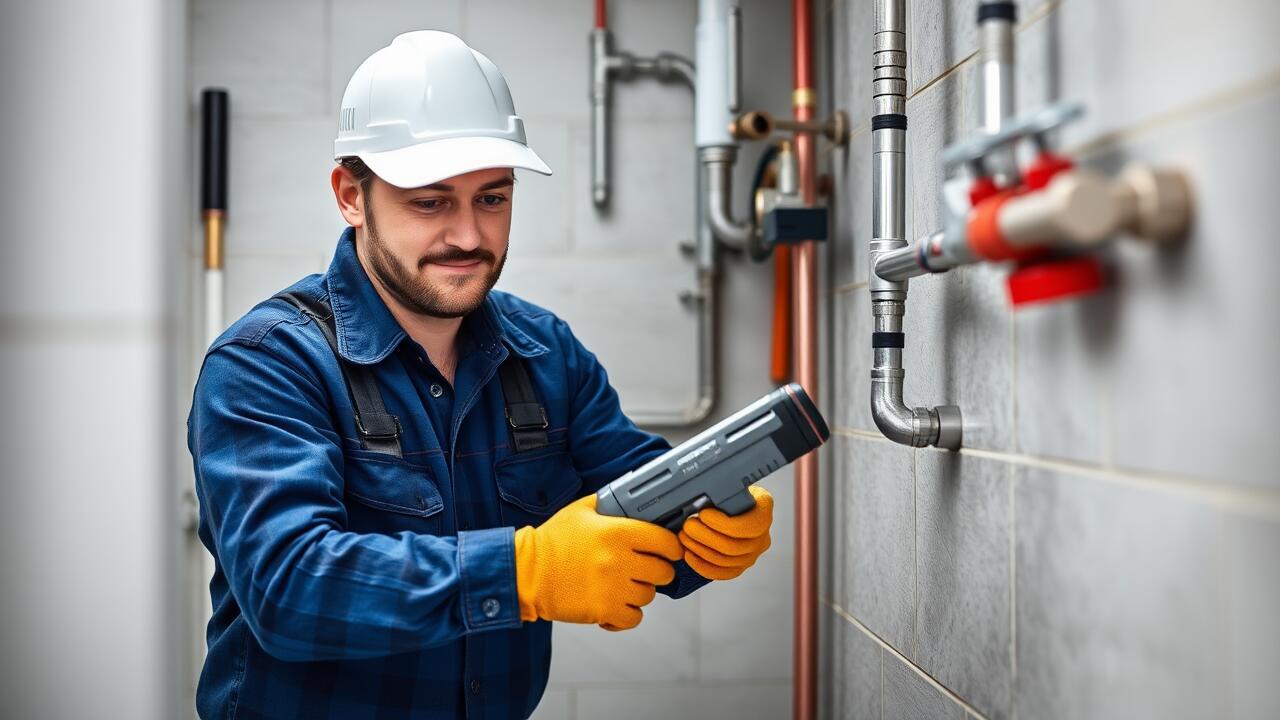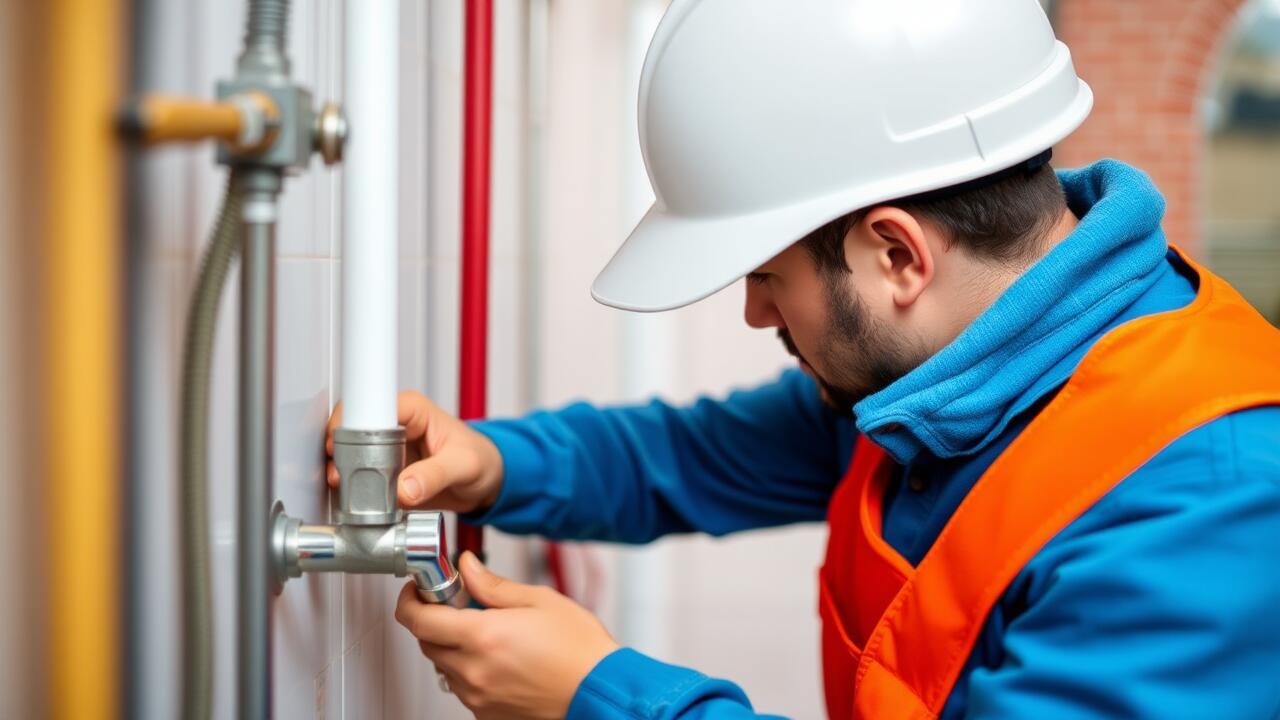
Running Toilets
A running toilet can often go unnoticed until it leads to higher water bills. It typically occurs when the flapper valve does not seal properly, causing water to continuously flow from the tank into the bowl. Homeowners may hear a constant trickling sound or see water cycling in the bowl, which signals that the toilet is not functioning as it should. Addressing this issue promptly can prevent wasted water and unnecessary expenses.
If you suspect a running toilet, it may be beneficial to consult with a professional service such as Plumbing Westwood, Los Angeles. They can accurately diagnose the underlying problem and recommend appropriate repairs. This could include replacing worn components like the flapper, fill valve, or even addressing more complex issues within the system. Ignoring a running toilet can lead to more significant plumbing problems, making it essential to take action.
Recognizing Signs of Malfunction
A running toilet can often signal a deeper issue within your plumbing system. If you notice that your toilet continually runs even after it has been flushed, this may suggest a malfunctioning flapper valve. Some toilets may also experience a slow leak, which can lead to increased water bills over time. It’s important to address these problems promptly, as they can escalate and cause further damage to your home. Consulting with professionals who specialize in Plumbing Woodland Hills, Los Angeles, can help identify and resolve these issues effectively.
Another indicator of a plumbing issue is water pooling around the base of the toilet or discolored water in the bowl. These symptoms can point to a faulty connection or a more serious underlying issue. If you experience frequent clogs or backups in your toilet, it’s often a sign that there is a blockage in the plumbing system. Observing any unusual noises when the toilet refills can also indicate that something may be off inside the tank. Seeking assistance from qualified plumbers can ensure that your home’s plumbing system remains in good working order.
Foul Odors
Foul odors in your home can signal a significant plumbing issue that needs immediate attention. An unpleasant smell, especially near drains or in bathrooms, often indicates a problem with the pipes. This can be due to a buildup of waste material, stagnant water, or even leaks. Homeowners should act quickly to identify the source, as lingering odors can deteriorate indoor air quality and lead to health concerns.
If you notice consistent foul odors, it may be time to consult professionals specializing in plumbing Westwood, Los Angeles. Experienced plumbers can perform a thorough inspection, identifying any blockages or leaks that could contribute to the smell. Taking swift action not only alleviates uncomfortable odors but also prevents potential damage to your plumbing system, ensuring your home remains a safe and pleasant environment.
Determining the Source of Unpleasant Smells
Foul odors in your home can often be traced back to plumbing issues. If you notice a persistent smell resembling sewage or rotten eggs, it may indicate a problem with your sewer line or drain pipes. Check areas around toilets, sinks, and laundry drains for leaks or blockages that could be causing buildup. In many cases, these unpleasant odors are a sign of trapped debris or a compromised air seal, requiring prompt attention to prevent further damage.
To accurately determine the source of the odor, inspect multiple areas of your home. Sometimes, the issue may originate from under sinks or in hidden spaces, making it less obvious. If you are unable to locate the source or if the smell continues despite your efforts, it may be wise to consult professional services such as Plumbing Westwood, Los Angeles. They can provide a thorough evaluation to identify the source of the unpleasant smells and recommend appropriate solutions.
Slow Draining Sinks
Slow draining sinks can indicate underlying plumbing issues that require immediate attention. Soap buildup, food debris, and hair often contribute to clogs. These factors may lead to annoying backups, and ignoring them can result in more significant problems in the future. If you notice that your sink is draining slower than usual, it's essential to investigate the cause rather than resorting to quick fixes.
For residents in the area, seeking help from a professional may provide the best solution. Plumbing Westwood, Los Angeles, offers services that can quickly diagnose and address your drainage issues. Experienced plumbers can assess the situation and recommend appropriate repairs or cleaning methods to restore proper function to your sink. Taking action sooner rather than later can prevent further damage to your plumbing system.
Examining the Effectiveness of Drainage
Slow draining sinks can be a significant indicator that plumbing issues are developing in your Westwood home. When water takes longer than normal to disappear down the drain, it often signals a buildup of debris or a deeper clog within the plumbing system. It is essential to observe the drainage speed regularly, especially in frequently used sinks. Signs such as pooling water or gurgling noises may point to a need for immediate attention.
In cases where slow draining persists, homeowners should consider contacting professionals for assistance. Plumbing Westwood, Los Angeles, offers expert services to diagnose the root cause of drainage problems effectively. A thorough inspection can reveal hidden issues like tree root infiltration or damaged pipes. Acting promptly can prevent further complications and additional repair costs down the line.
FAQS
What are the common signs that indicate my home needs plumbing repairs?
Common signs include running toilets, foul odors, slow draining sinks, water stains on walls or ceilings, and unusually high water bills.
How can I tell if my toilet is malfunctioning?
Signs of a malfunctioning toilet include continuous running water, frequent clogs, and unusual noises when not in use.
What should I do if I smell unpleasant odors in my home?
If you notice foul odors, try to locate the source. It could be a clogged drain, a malfunctioning sewer line, or a leak. If the smell persists, it’s best to contact a plumber.
Why are my sinks draining slowly?
Slow draining sinks can be caused by clogs in the pipes, accumulated debris, or issues with the plumbing vent. Regular maintenance can help prevent these issues.
When should I call a plumber for repairs?
You should call a plumber if you notice consistent plumbing issues, such as recurring clogs, significant leaks, or if home remedies do not resolve the problems. Prompt attention can prevent further damage.
